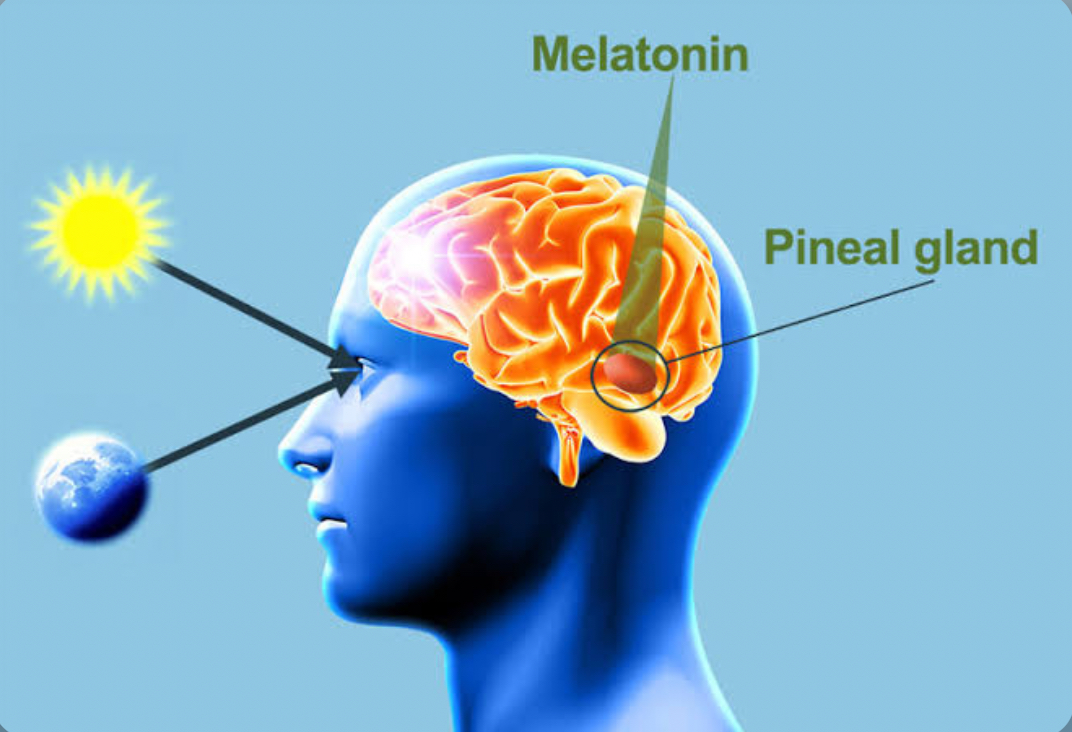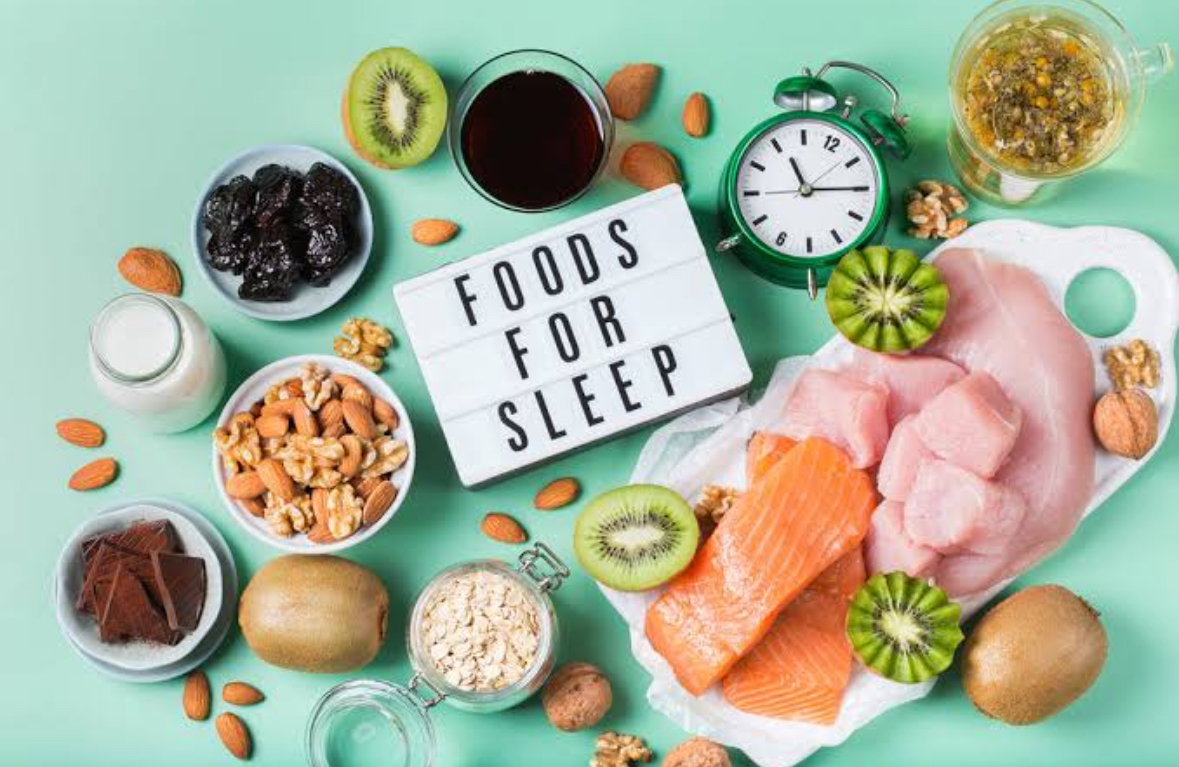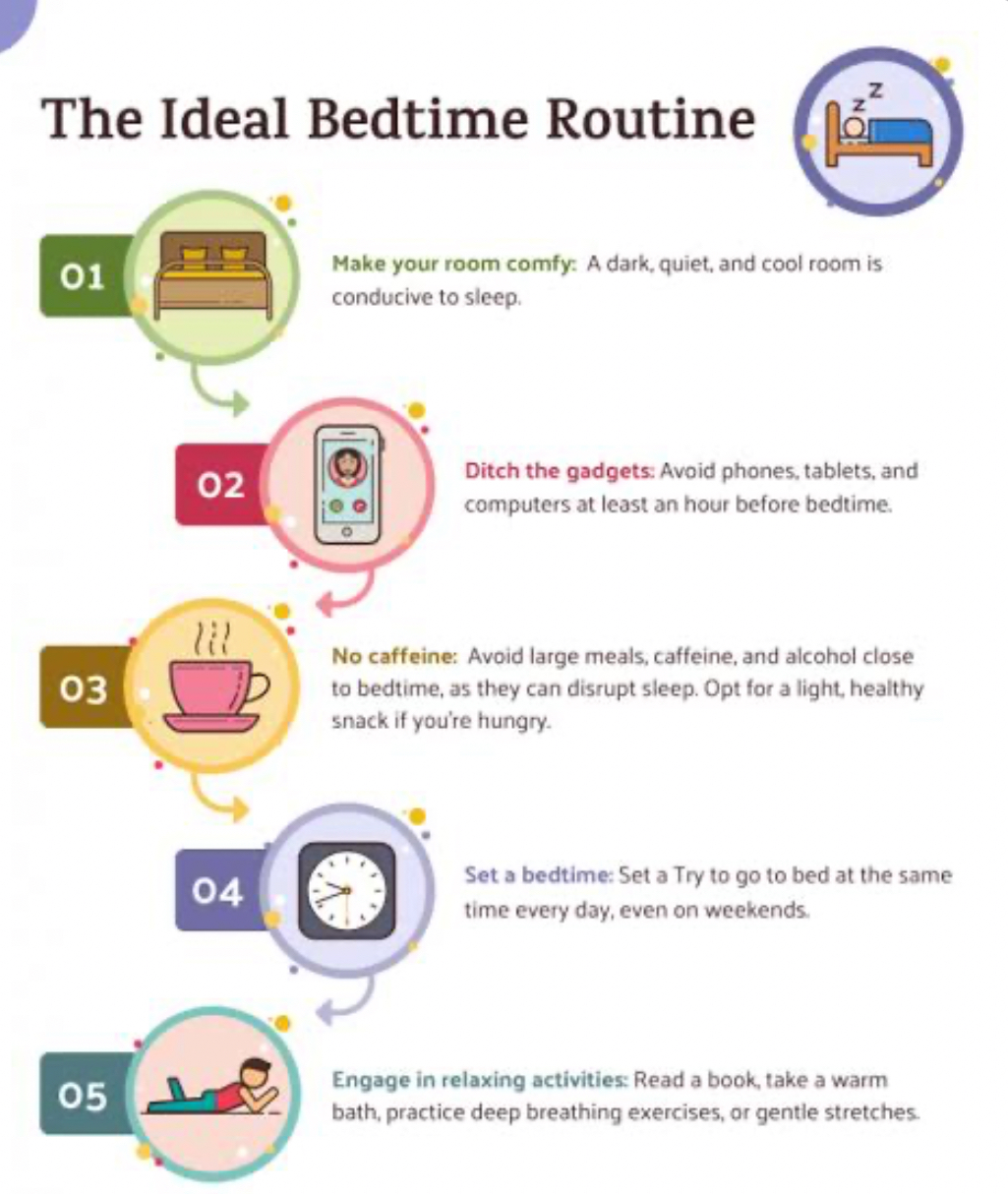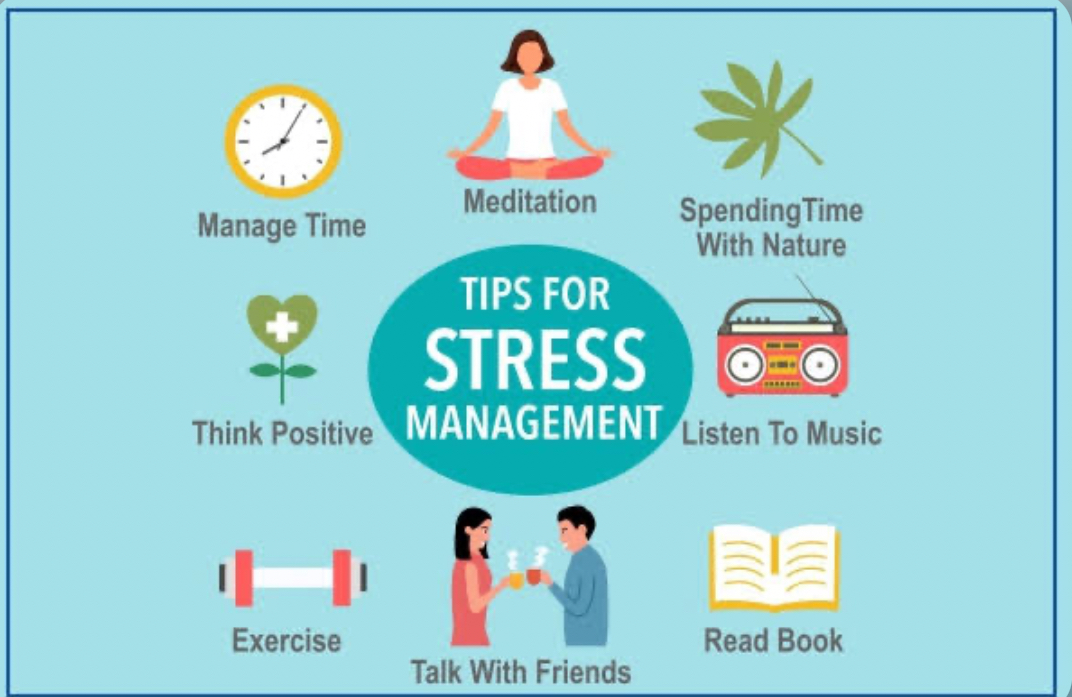In today's busy world, many people have trouble sleeping because of things like stress and changing routines. Eating things that increase melatonin, on the other hand, can help you sleep better. Melatonin, also known as the "sleep hormone," is essential for maintaining a balance in our sleep-wake processes. You might be able to improve your health and sleep by eating foods that naturally raise melatonin levels, like some fruits, veggies, and nuts.

Melatonin: The Sleep Hormone
The pineal gland produces a hormone known as melatonin when it becomes dark. Your body knows it's time to rest and sleep. Dr. Andrew Huberman is a neuroscientist and senior professor at Stanford University School of Medicine. His study shows how important it is to keep melatonin levels in check for sleep.
For making the most melatonin, Dr. Huberman stresses how important it is to have regular sleep-wake patterns. Light can cause low melatonin levels in the evening, making it harder to fall asleep.
(Watch: https://youtu.be/h2aWYjSA1Jc?si=YIsLBDPgDYFXIqBT)
Top 5 Melatonin-Boosting Foods
Melatonin products are available, but some foods already have melatonin in them or contain precursors that help the body make it. These are the top five things to think about:

- Tart Cherry Juice: Studies have shown that drinking tart cherry juice can raise melatonin levels and make sleep last longer and be better.
- Kiwi: This fuzzy fruit is a treasure trove of vitamins and also contains good amounts of melatonin. Research suggests that consuming kiwis before bed may shorten sleep onset time and improve sleep quality.
- Almonds: Toasted almonds are a great way to get melatonin and good fats. Also, almonds have magnesium in them, which is a mineral that helps muscles rest and sleep better.
- Fatty Fish: Salmon, tuna, and sardines are rich in omega-3 fatty acids and vitamin D, both of which contribute to better sleep. Additionally, some fatty fish varieties may contain melatonin.
- Eggs: Eggs are a protein powerhouse and contain tryptophan, an amino acid that the body converts into melatonin. You can enjoy eggs at any time of day, but having them for dinner may indirectly improve the quality of your sleep.
To improve sleep hygiene, Dr. Huberman offers a number of different steps. Based on what he learned, here are a few more tips:
Optimise Light Exposure:

Avoid bright screens and artificial lights in the evening, as they suppress melatonin production.
Create a Relaxing Bedtime Routine:

Establish a consistent sleep schedule and wind down with calming activities before bed.
Manage stress:

Chronic stress can disrupt sleep. Techniques like meditation and deep breathing can help manage stress and promote relaxation.
In conclusion, addressing sleep issues requires a holistic approach beyond just increasing melatonin levels. While foods like tart cherry juice and kiwi can aid in improving sleep quality, it is essential to also focus on maintaining regular sleep-wake cycles, optimising light exposure, and establishing a relaxing bedtime routine. Managing stress and making dietary changes are crucial components of achieving better sleep. Dr. Andrew Huberman's emphasis on these factors highlights the importance of a comprehensive strategy for addressing sleep problems. We recommend seeking medical advice to rule out any underlying medical conditions if these lifestyle changes fail to improve sleep. Overall, a combination of dietary adjustments, good sleep hygiene practices, stress management, and medical guidance can help individuals overcome sleep difficulties and achieve restful nights.
Image Source: Multiple Agencies
(Inputs from agencies)
© Copyright 2024. All Rights Reserved Powered by Vygr Media.




















